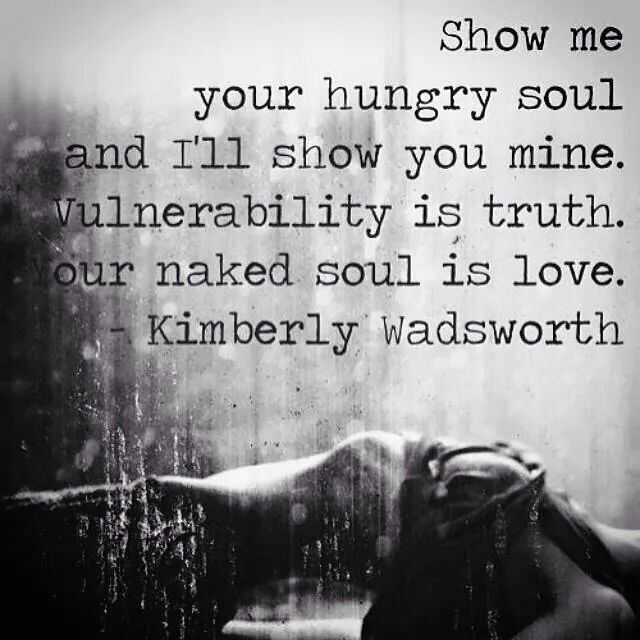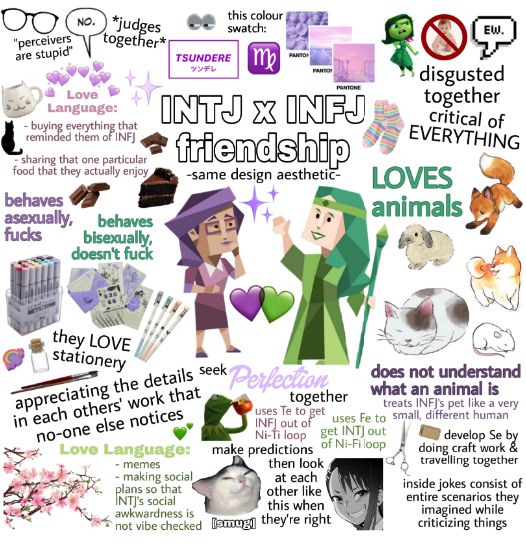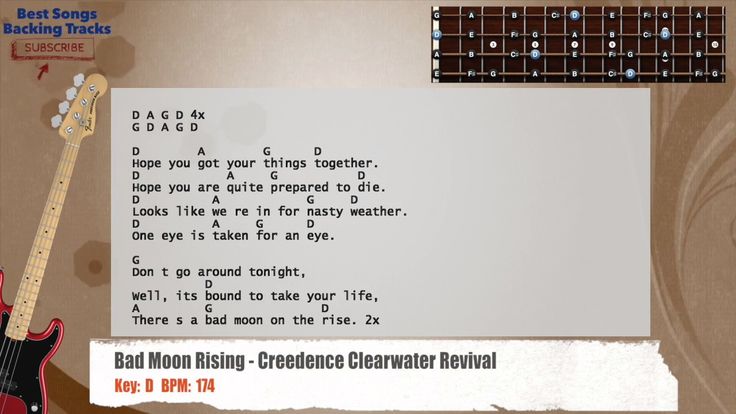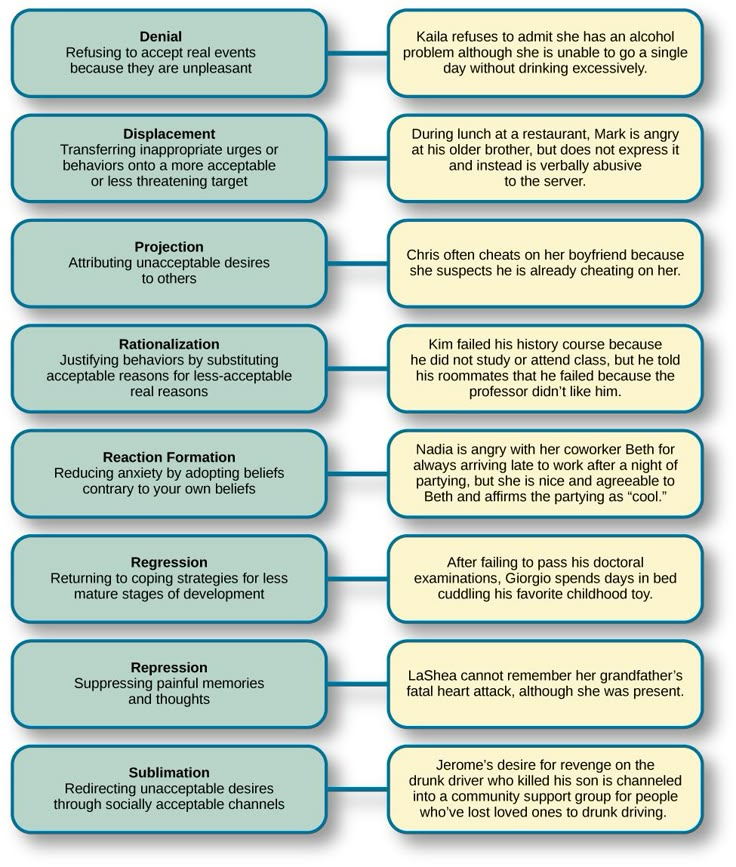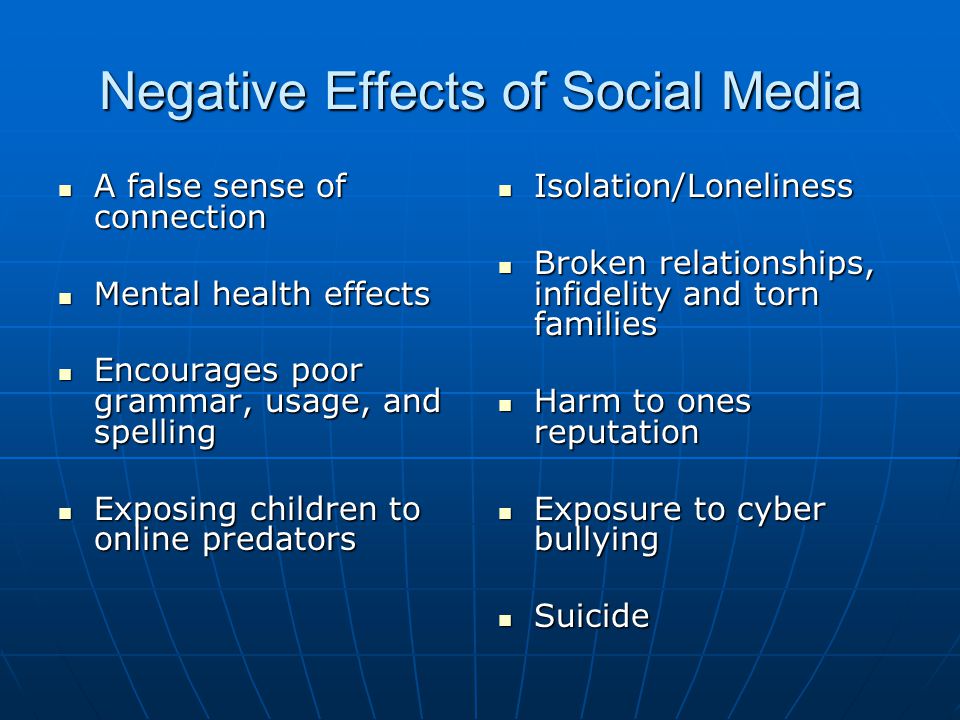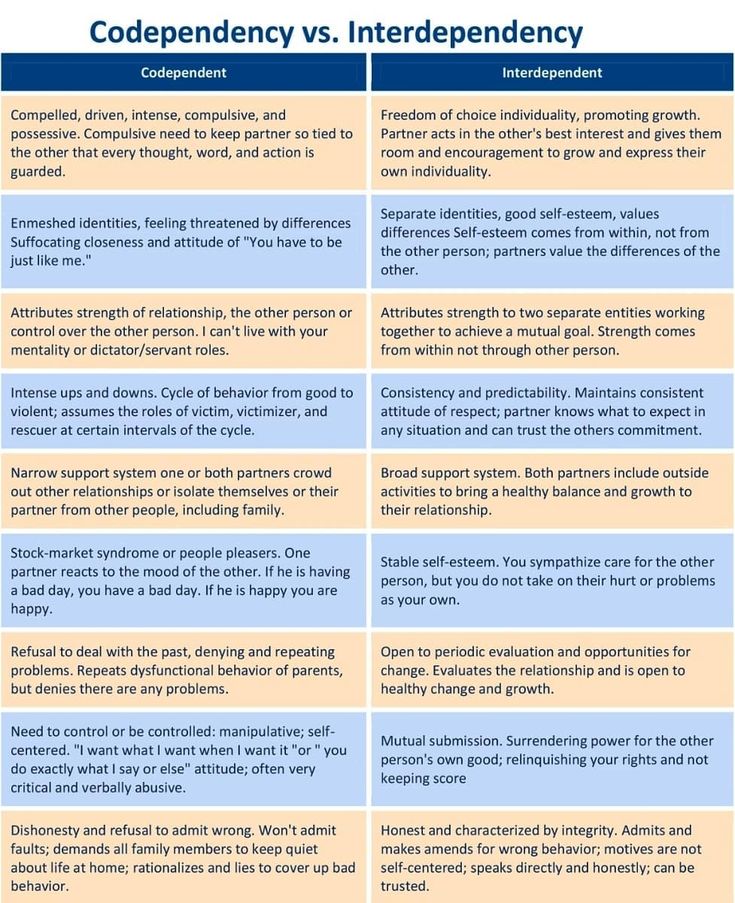Allow yourself to be vulnerable
Struggling to Open Up? Here’s How to Find Freedom in Vulnerability
In this Article
- What is Vulnerability?
- Tips to Be More Vulnerable
Relationships and our ability to connect with other people are vital for a happy and fulfilling life. There are many scientific studies to test this. You may also personally be able to prove how enriching nourishing relationships can be. Yet, there can be a lot of resistance to being vulnerable and opening up your heart and minds to connection.
What is Vulnerability?
Vulnerability is uncertainty, risk, and emotional exposure. It is when you try something new, leave your comfort zone, or put yourself in a situation where you may lose control. It’s like that crazy rush of emotions you get when you first try out yoga and you don’t know what you are doing, but you do it anyway.
Classically, our culture has labeled vulnerability as a weakness. So, when you think back to when you felt vulnerable or exposed, maybe you shudder and feel embarrassed. However, when you think more about it, these were the times when you dared to put yourself out there emotionally.
Perhaps the idea of putting yourself out there emotionally does not carry much appeal to you. However, it would be negligent to avoid the truth that vulnerability is also at the root of everything you crave. It is where love, belonging, joy, courage, empathy, and creativity all happen. So, whenever you feel vulnerable, remember that this is a natural part of growing and expanding.
However, it is entirely natural for you to have scared feelings. These typically prevent you from pushing past any uncomfortable feelings that arise when you allow yourself to be vulnerable. Therefore, you may start to assemble emotional armor to avoid feeling shame, anxiety, uncertainty, or fear.
While everyone has their own way of doing this, their armor is unique. Usually, the three methods of protection roughly follow these hallmarks:
- Striving for perfection.
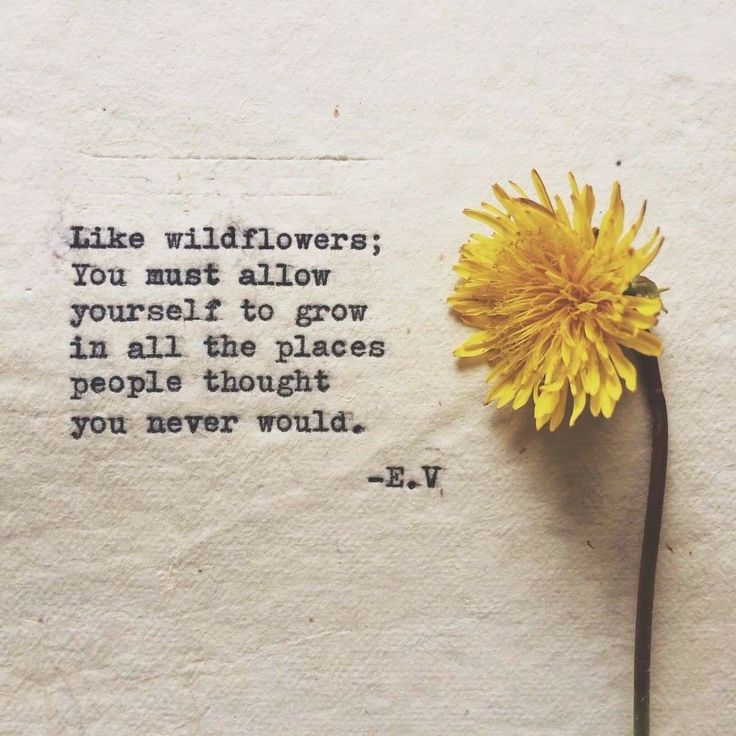 You think that if you can become perfect, you can avoid being seen.
You think that if you can become perfect, you can avoid being seen. - Numbing out. While this is effective in minimizing the gravity of negative emotions, it also numbs out positive emotions.
- Imagining all the ways things can go wrong; catastrophizing. Instead of being vulnerable and accepting how precarious your happiness and the things you love are, you beat vulnerability to the punch.
Tips to Be More Vulnerable
How do you allow yourself to be more vulnerable? The best place to start is mindfulness. Try to be open and aware of when you feel afraid. Notice what triggers it, who triggers it, or when it's triggered.
Once you become more aware of this information, try to actively resist the urge to cover up your vulnerability. Some tips for doing this when you notice yourself covering up your vulnerable side include:
- Give yourself compassion. Remind yourself of how brave you are to be vulnerable, no matter how small it seems at the moment.
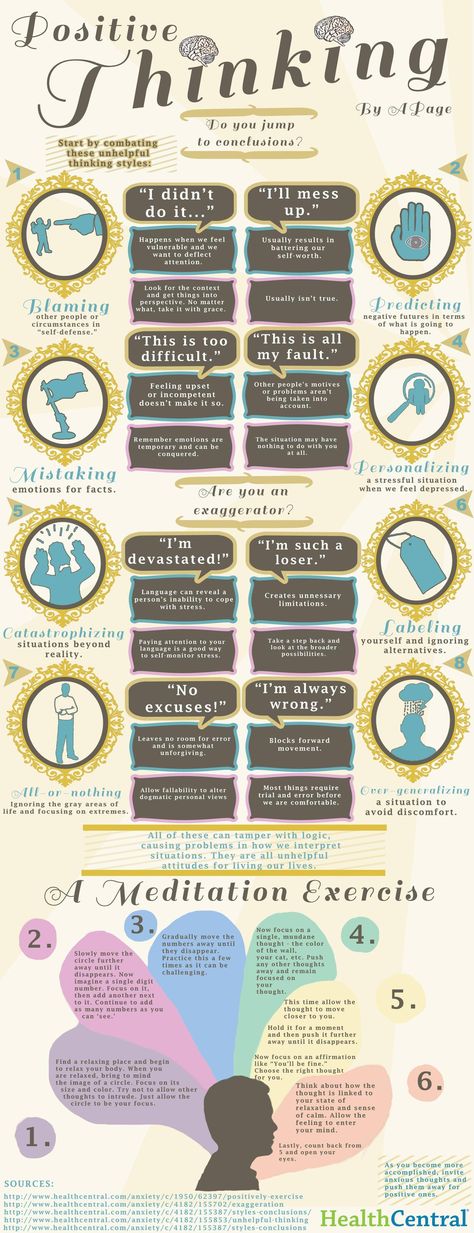 Then, be proud of yourself when you take a step in the right direction.
Then, be proud of yourself when you take a step in the right direction. - Avoid focusing on other people’s opinions of you. Most people are focused on themselves and not you. Plus, what other people think of you is out of your control.
- Slow down if you need to. Changing your habits can be overwhelming and challenging at first. Remember to take a breath and return to your body if you need a moment.
- Give up perfection. No one is perfect. The more you abandon ideas of perfection, the more you leave yourself room to be yourself. The more you create an impossible ideal for yourself, the worse you will feel.
- Be forthcoming with your needs. When you are hurting, it can be easy to close yourself off to the people around you. However, telling loved ones that you need them is an essential part of being vulnerable. It opens you up to them in a way that will bring you closer together.
- Vocalize your feelings.
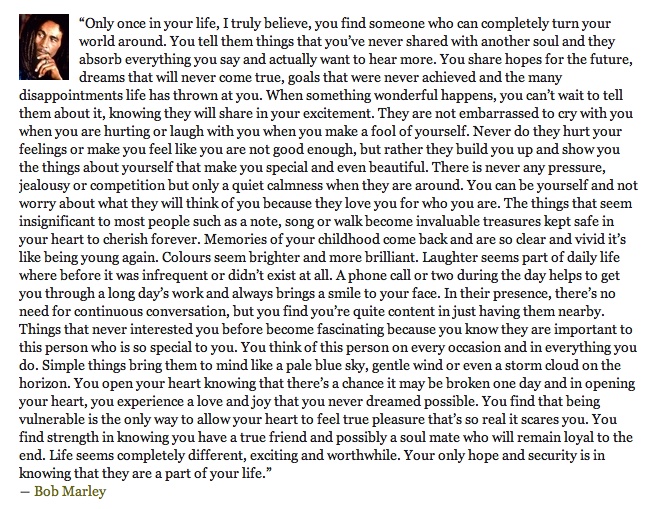 Sharing how you feel with others allows you to achieve another layer of depth with them. It can also help you to deepen the relationship you have with yourself since it requires a certain level of self-knowledge.
Sharing how you feel with others allows you to achieve another layer of depth with them. It can also help you to deepen the relationship you have with yourself since it requires a certain level of self-knowledge. - Be in the moment. Slowing down the thoughts in your head and living in the present moment with someone is ideal for true vulnerability. Simply looking someone in the eye, listening to what they are saying, and giving them your time will surprise you in how much vulnerability it can bring.
The Power of Being Yourself
Jump to section
What is vulnerability
4 types of vulnerability
5 benefits of vulnerability
Are you unable to make yourself vulnerable?
3 misconceptions about vulnerability
3 ways to be more vulnerable
What if you could harness the power of vulnerability to ask for what you need or express your emotions without fear of rejection?
Small actions — like sharing your feelings or celebrating your own achievements — may seem more daunting than it appears because of emotional vulnerability.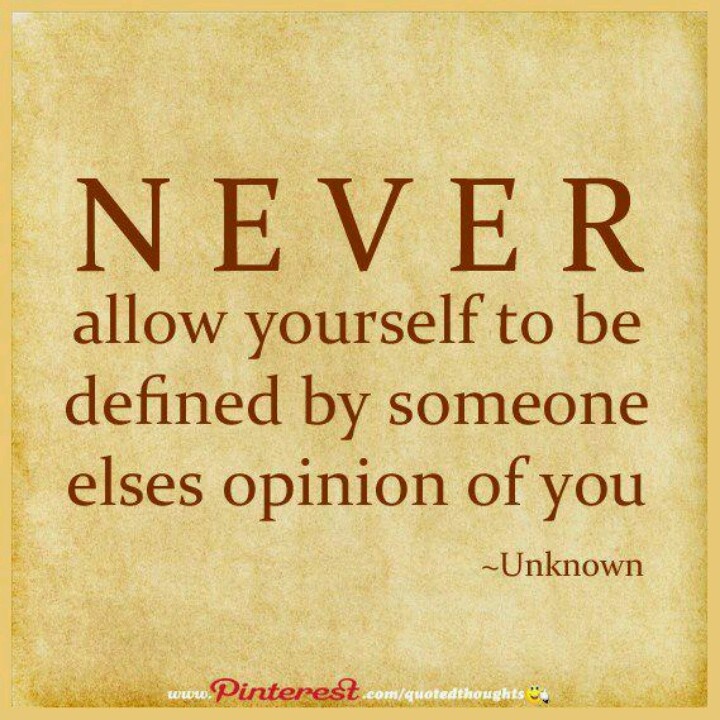
Sometimes, vulnerability can manifest itself in your body’s physical reactions. You may feel your muscles tense or that pit drop in your stomach. You may feel your breathe quicken when you openly share your thoughts, emotions, and needs. You may feel your nervous system freeze, you may feel like you’re unable to speak. You retreat. And in some instances, it may feel like you’re losing a part of yourself.
Being vulnerable is scary. After all, it has the power to change your life.
To unpack vulnerability, you have to step into uncertainty and examine how it shows up in your relationships. Examining human vulnerability means you’re intentionally scanning how it shows up in your body or how it impacts your day-to-day actions. While your gut instinct may be to avoid it at all costs, it’s possible to build a quality, life-changing relationship with vulnerability. In the end, it could transform fear into belonging.
What is vulnerability?
I’d be remiss to talk about the definition of vulnerability without citing the work of Dr.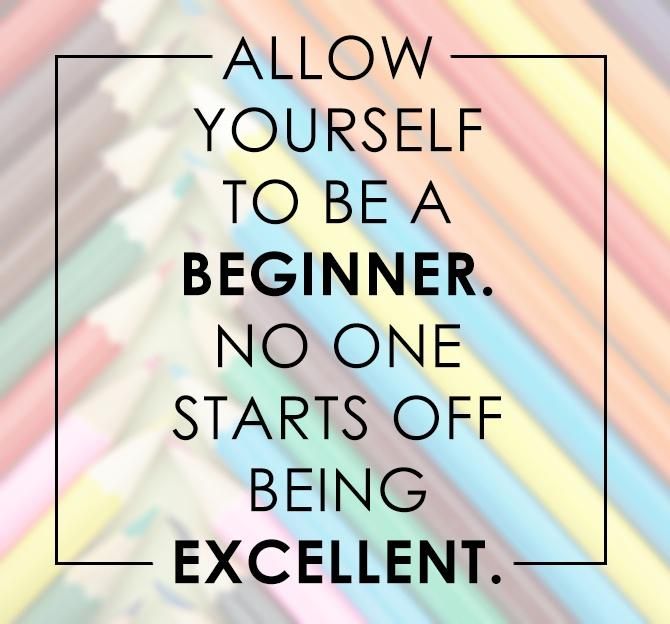 Brené Brown, an author and research professor at the University of Houston. Brown has spent the past two decades studying courage, vulnerability, shame, and empathy.
Brené Brown, an author and research professor at the University of Houston. Brown has spent the past two decades studying courage, vulnerability, shame, and empathy.
In her book, Daring Greatly, she defines vulnerability as “uncertainty, risk, and emotional exposure.” Through her research she discovered two powerful yet opposing takeaways that she shares both in her book and in her TED talk on shame and vulnerability.
1. Vulnerability is at the core of shame, fear, and the struggle for worthiness.
2. Vulnerability is the birthplace of joy, creativity, and belonging.
To find joy, creativity, and belonging, Brené Brown argues that we must face what it means to be vulnerable: shame, fear, and the struggle for worthiness.
4 types of vulnerability
We live in a changed society from the world we knew before the pandemic. We live in a world that’s left all of us with some element of exposed vulnerability simply because of what we’ve collectively experienced.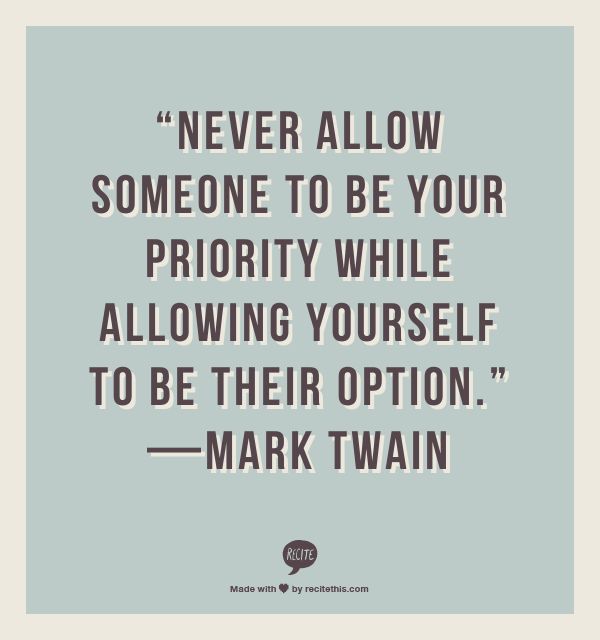 Whether it’s grief, loss, the impacts of a rapidly changing world of work, increased caregiving demands, or rising rates of burnout, the aftermath of the pandemic has arguably had an impact on everyone in our society.
Whether it’s grief, loss, the impacts of a rapidly changing world of work, increased caregiving demands, or rising rates of burnout, the aftermath of the pandemic has arguably had an impact on everyone in our society.
Without warning, COVID-19 changed how we live and work, how we make decisions, and even how we nurture and grow relationships. Not unlike what experience with cybersecurity and security vulnerability, we might feel our entire life is exposed.
But when we examine the definition of vulnerability under a microscope, we can make an assessment. Take a minute to identify what actions you can take to strengthen your mental fitness in the context of human vulnerability.
1. Vulnerability in your relationships.
As human beings, we all have wants and needs when it comes to relationships. But you may be fearful of expressing those emotions openly and risking certain social factors like rejection, abandonment, or judgment.
Try this. A vulnerable and effective way to ask for what you want is to use open-ended questions.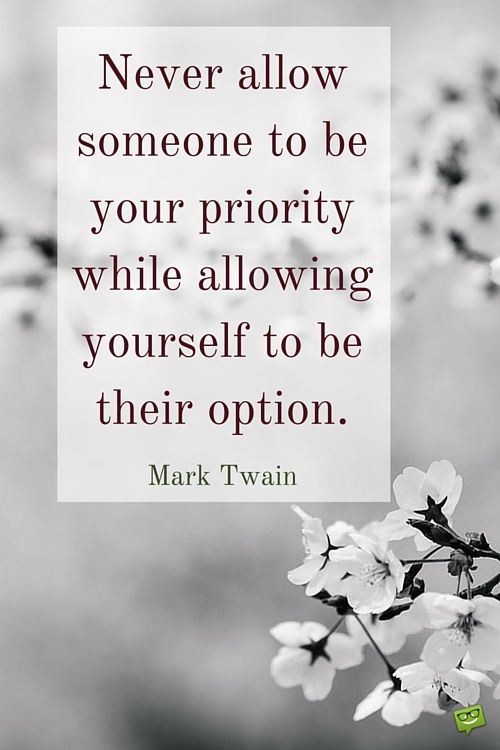 As you practice asking for what you want, there’s a strong chance you’ll discover that it’s worth the risk.
As you practice asking for what you want, there’s a strong chance you’ll discover that it’s worth the risk.
2. Being vulnerable in your mind and body.
Sometimes, recognizing where genuine vulnerability shows up in your mind and body requires your full, undivided attention on yourself, both mentally and physically. When was the last time you checked in with yourself?
Try this. Ask yourself questions when you notice you’re feeling vulnerable.
How did you sleep last night? When was the last time you ate? When did you last drink water? How did that interaction with a colleague impact you? How are you feeling about your work? How are you feeling emotionally right now? As you become more aware of your thoughts and your physical self, you have the opportunity to gain a sense of well-being.
3. Vulnerability in the workplace.
How you do what you do often leaves you feeling vulnerable. Whether you’re comparing yourself to another colleague, doubting your efforts on a project, or struggling with imposter syndrome, examples of vulnerability in organizations are everywhere.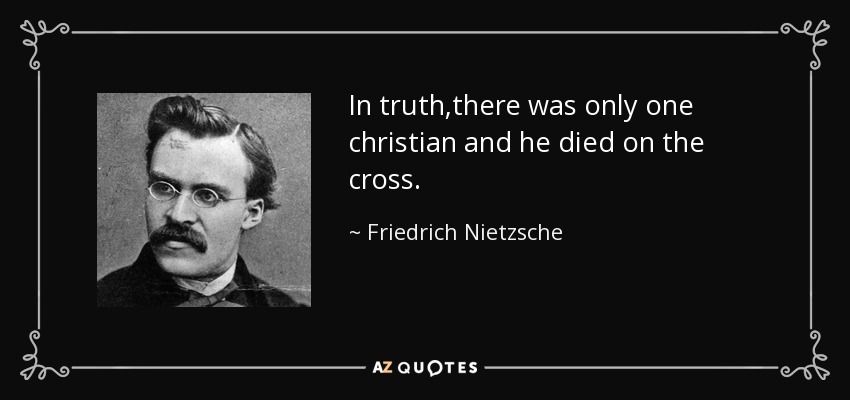 As organizational psychologist Adam Grant suggests, “uncertainty primes us to ask questions and absorb new ideas.”
As organizational psychologist Adam Grant suggests, “uncertainty primes us to ask questions and absorb new ideas.”
Try this. Consider reflecting at the end of your work day. Remind yourself that self-doubt is okay — it actually might ground you. Remind yourself there’s more to learn. Remind yourself that you have the power to accept who you are. You might even want to practice affirmation statements, like "I am strong. I am smart. I am capable." You can try using new words or language in your affirmation statements. Before long, these affirmations might become part of your new operating system and become a built habit.
4. Being vulnerable in your community
The impact of COVID-19 is present in so many ways in our society. You may feel overwhelmed by the number of decisions you need to make to stay safe in your own community coupled with things like social anxiety.
Try this. You have the power to vocalize boundaries. Make decisions that are best for you and your family, and remove yourself from a situation if you don’t feel safe.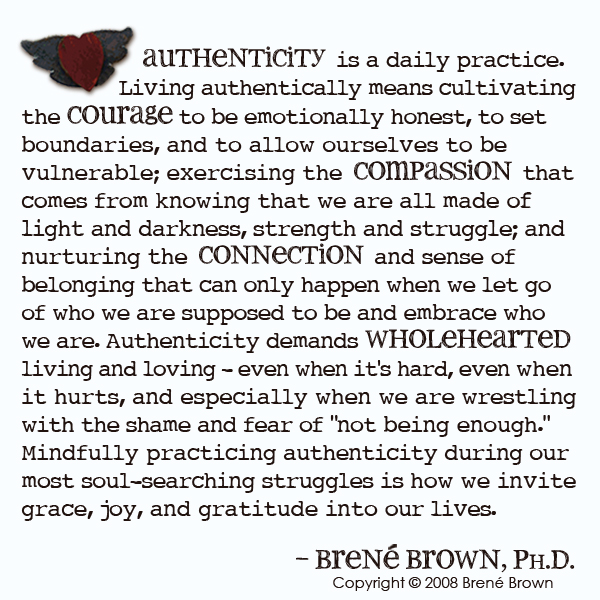 You have the power to remove fear from your life by voicing and executing on your needs. Try to accept that the uncertainty around the unknown might be okay, even empowering. By vocalizing boundaries, you may even gain more visibility into your own priorities.
You have the power to remove fear from your life by voicing and executing on your needs. Try to accept that the uncertainty around the unknown might be okay, even empowering. By vocalizing boundaries, you may even gain more visibility into your own priorities.
5 benefits of vulnerability
While exposing where you feel insecure can seem a bit like opening up the door to a human malware attack, vulnerability lends itself to more benefits than failure. If you’re deciding to move from the fear of vulnerability to unleashing its power to be your true self, you will reap the benefits.
1. Vulnerability strengthens relationships
Have you noticed why some of your relationships are stronger than others? Many of the strongest relationships come from embracing genuine vulnerability, whether it’s showing empathy, sharing information with someone you trust, or simply expressing needs and wants openly without judgment.
2. Vulnerability can help us grow and learn
Buddhist author Pema Chodron, who wrote Living with Vulnerability, shares that vulnerability is part of the human experience. She notes that vulnerability is “the category of things that, if we move toward them, have so much to teach us. Having a relationship with vulnerability, with things falling apart, is a life changer.” Instead of being a problem, vulnerability can be a solution.
She notes that vulnerability is “the category of things that, if we move toward them, have so much to teach us. Having a relationship with vulnerability, with things falling apart, is a life changer.” Instead of being a problem, vulnerability can be a solution.
3. Vulnerability expands gratitude
The word ‘gratitude’ resonates through Dr. Brené Brown’s work on vulnerability. In her work, Brené Brown focuses on people she describes as wholehearted. These are people who love with their whole hearts, without conditions. She finds as we fully embrace the meaning of vulnerability, we are filled with a growing sense of gratitude and joy.
4. Being vulnerable improves self-awareness
When you work to let go of your assumptions and biases, you begin the process of accepting uncertainty, risk, and emotional exposure. That moment when you admit you don’t know everything opens up a path for you to continue to explore, grow, and learn.
5. Vulnerability affirms you are enough
Brené Brown is clear: “to connect, we have to allow ourselves to be seen.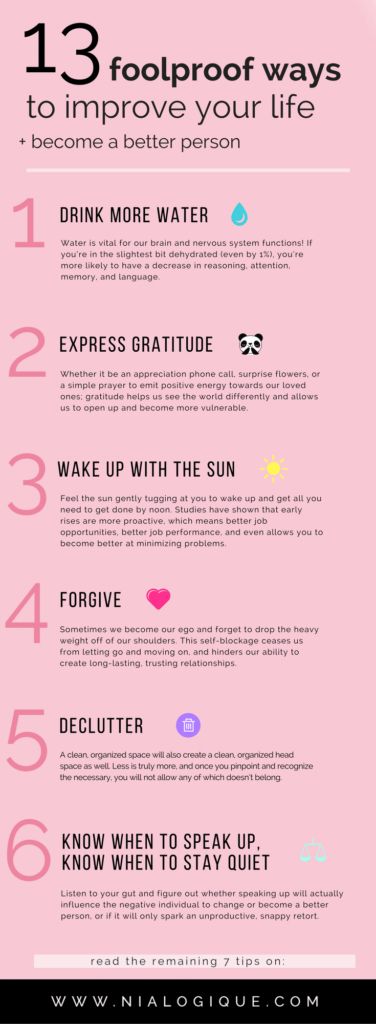 ” When we choose to be vulnerable, we recognize that we are enough. It’s what we bring to the table, how we demonstrate kindness, and how we interact with people in our lives. We begin to understand that what we offer is exactly what is needed at this moment.
” When we choose to be vulnerable, we recognize that we are enough. It’s what we bring to the table, how we demonstrate kindness, and how we interact with people in our lives. We begin to understand that what we offer is exactly what is needed at this moment.
Are you unable to make yourself vulnerable?
Even when you decide you want to embrace more uncertainty, risk, or exposure in your life, there are certain triggers that may halt this process. And the result? Misery.
You’ll find yourself avoiding vulnerability when:
1. You want to be perfect
Perfectionism can be your own worst enemy. The last thing you want is to say or do something that might be misconstrued, so you say nothing. If you don’t have it all figured out, you’ll sit this one out.
2. You don’t ask for what you need
There are different examples that come to mind, whether it's within your organization or in your personal life. You know that you deserve that promotion. You want more intimacy in your relationship.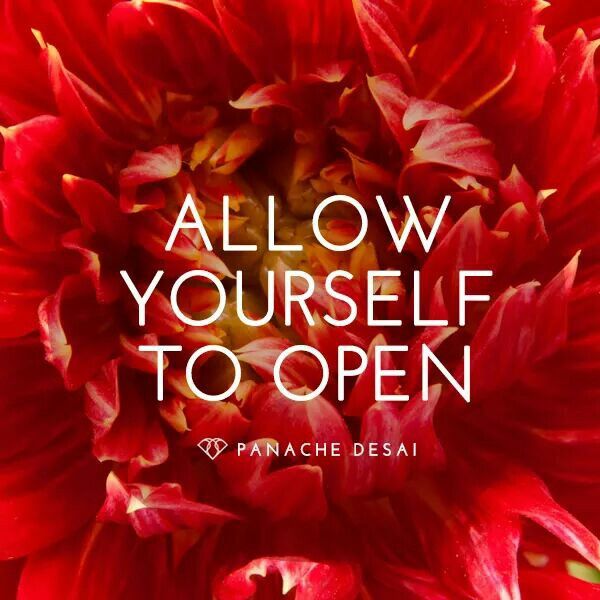 But what if you don’t get what you ask for? You’re silent.
But what if you don’t get what you ask for? You’re silent.
3. You keep people at arm’s length
You’ve been hurt before, so you are not going to dive in and get hurt again. You stay busy at work, or home, or school — anything to keep you safe.
4. You don’t share — frustrations or success
You believe if you express frustration you’ll be labeled petty. If you share a success you’re arrogant. So, no matter what happens, you keep it to yourself.
3 misconceptions about vulnerability
There might be a number of reasons why you may avoid vulnerability. In Daring Greatly, author Brené Brown Brown breaks down three misconceptions that play a role in that avoidance.
1. Being vulnerable is a sign of weakness
Because it’s so easy to attach human vulnerability to shame or fear, you may forget about the benefits, like of belonging, courage, and joy. What would happen if you looked at the full picture and took the journey from fear to courage? That’s where you’ll find strength.
2. I don’t share my dirty laundry
You believe that to be vulnerable, you have to share everything with everyone. On the contrary, it’s critical to know and feel safe when you do choose to open up. The purpose of your vulnerability is to deepen relationships by sharing emotions in thoughtful and intentional ways.
3. I’m a lone wolf
When you think you’re the only one who can solve your problems, you often end up isolated and alone. Asking for help actually changes how the people in your life will respond to you — most often, the people in your life will support and empower you.
3 ways to be more vulnerable
So how might you accept vulnerability as part of your life while knowing it takes embracing the scary parts to unleash your whole self?
1. Acknowledge your emotions
When an emotion courses through, observe it without judgment. Are you sad or angry or ecstatic? Allow yourself to feel what you’re feeling. Then decide how you’re going to express, share, or address the emotion.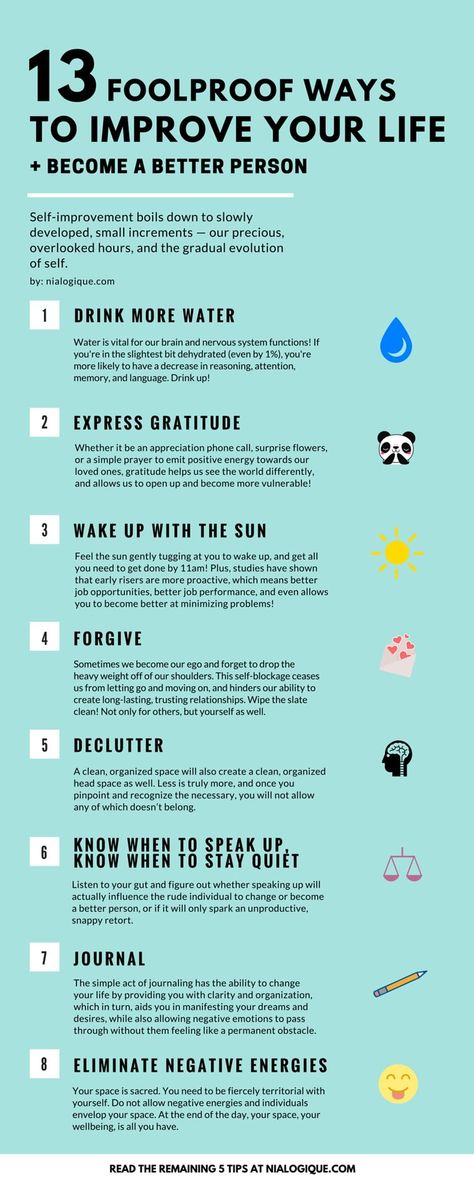 As you agree to take the risk to be vulnerable, you begin to experience what’s on the other side: courage and joy.
As you agree to take the risk to be vulnerable, you begin to experience what’s on the other side: courage and joy.
2. Live with integrity
What do you value most in your life? When you live out the values that mean the most to you — like courage, forgiveness, growth or kindness — your whole self aligns. As you lean into your values, you’ll be able to embrace vulnerability and expand your sense of belonging.
3. Practice
Are you ready to step into this space of uncertainty, risk, and exposure? Like almost everything in life, it starts with practice. Let’s say you’re taking on more responsibility at work and deserve a promotion or additional resources. Leap in and make the pitch to your manager. Perhaps you feel hurt by others but have kept your feelings bottled up inside. Try sharing your emotions openly and see what opens. With practice, your confidence and security grows.
Take the plunge
Vulnerability is a life changer.
Harnessing the power of vulnerability allows you to say what you want, ask for what you need, express your emotions, and celebrate your achievements.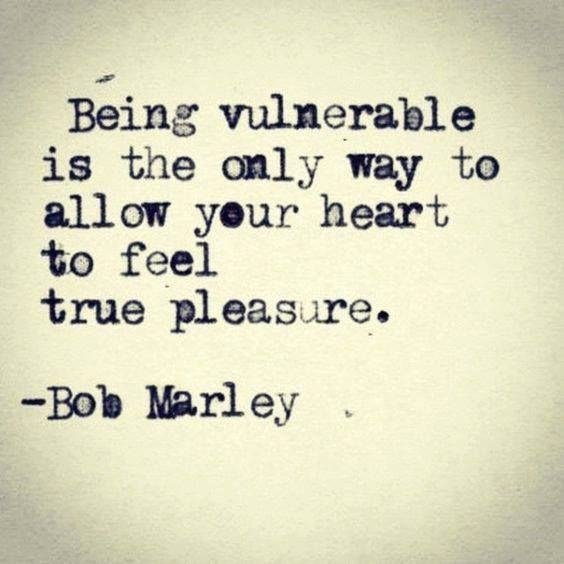 Every time you do, you give yourself permission to do it again. Every time you do, you expand that sense of confidence, security, belonging, joy, and growth. With each practice of vulnerability, you’re becoming your true and whole self. Soon, you'll see vulnerability as a strength, not a weakness.
Every time you do, you give yourself permission to do it again. Every time you do, you expand that sense of confidence, security, belonging, joy, and growth. With each practice of vulnerability, you’re becoming your true and whole self. Soon, you'll see vulnerability as a strength, not a weakness.
You have the power to change your life, one step at a time.
Vulnerability is the Key to Happy Relationships
This is a column by Mark Manson, best-selling author of The Subtle Art of Giving a Fuck, Everything Fucks, and Man Rules. The original text can be read here , it is also included in Manson's latest book.
To get started, read the list below and note which statements apply to you:
- You constantly talk about boring topics because they are safe and you have no chance of offending anyone;
- You are stuck in a job or lifestyle that you don't like because you don't want to upset others;
- Dressing too well makes you feel uncomfortable;
- The smiles of strangers frighten you;
- The idea of asking someone out on a date openly scares you because of the possible rejection.
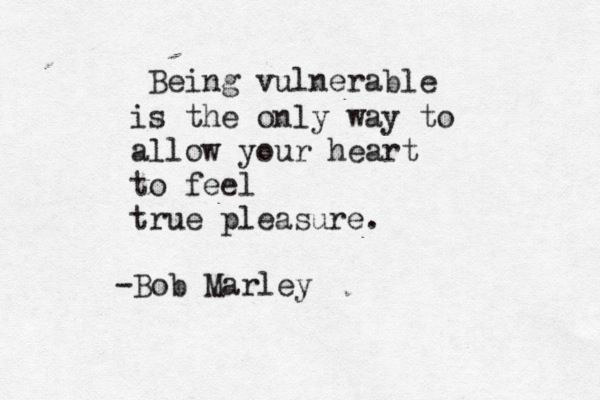
These are all symptoms of a larger problem: the inability to afford to be vulnerable. We have not been taught how to live or express emotions properly. For whatever reason - the situation at home, childhood trauma, parents who never expressed their emotions - we grew up with a deeply ingrained habit of keeping ourselves in hand.
"Do not argue. Don't be unique. Don't do anything 'crazy' or 'stupid' or 'selfish'."
I was the same. All my youth I was afraid that no one would love me. The mere thought of someone hating me, a girl or a boy, literally kept me awake at night. As a result, every aspect of my life revolved around meeting the needs of others, hiding my mistakes and shortcomings, and shifting blame. But all this can be changed by becoming vulnerable.
What is vulnerability
Many people, and especially those who have spent most of their lives suppressing emotions, do not understand what it means to be vulnerable or vulnerable. Many behaviors that masquerade as vulnerability are actually manipulative.
Many behaviors that masquerade as vulnerability are actually manipulative.
"Vulnerability is the conscious choice NOT to hide your emotions or desires from others."
That's it. You simply freely express your thoughts, feelings, desires and opinions, regardless of what others may think of you. This is risky and often has real consequences. But the key to true vulnerability is that you are willing to accept the consequences no matter what. You offend someone, refuse someone, you can lose a friend, client or partner. But this is the road to real human relationships.
A few examples of genuine vulnerability:
1. You admit that you suck at something
If someone is obviously bad at something, be it golf or business negotiation, there is nothing more disgusting than when they show off how good he is at it. On the other hand, if someone admits they suck, you will likely respect them more.
If you are a terrible flirt, tell a friend about it and ask for their advice.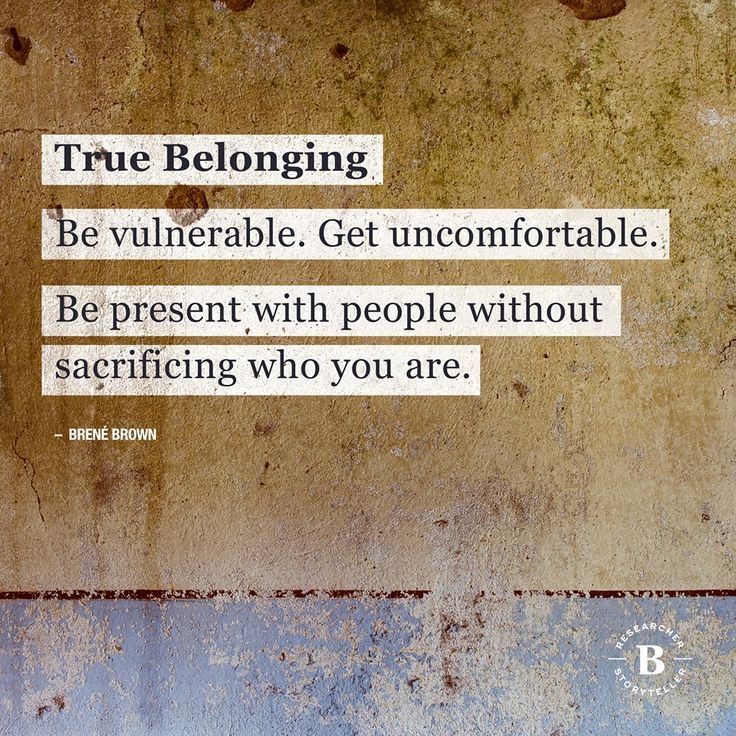 If you can't build relationships with people at work, tell your colleagues about it and maybe they will have some advice for you.
If you can't build relationships with people at work, tell your colleagues about it and maybe they will have some advice for you.
2. You take responsibility and don't blame others for your mistakes
We all know people who blame others for their problems. A man who blames his lying ex for every failed relationship. A colleague who is constantly screwing up and blaming everything on the economy, the atmosphere in the office, anything but his own incompetence. A woman who blames men for all her problems, because they are all goats.
"If you take responsibility for your problems, you control them."
And if you reset, then you transfer control over the situation to everyone around and, spoiler, you cannot control everyone around. You may not be to blame for this or that situation, but if you are able to take responsibility for solving it, this is a serious step. And a great example of vulnerability, because you say "I have a problem. I'm not perfect, but that's okay. I can handle it."
I'm not perfect, but that's okay. I can handle it."
3. You talk when you are hurt
It may seem easier than putting the wrongdoer in his place, but in reality, few people do this. Many try to build up their skin-armor and only smile in response to injections.
Telling people that they are hurting you is making yourself vulnerable. You show your feelings to another person, reveal your vulnerability. It's risky and can escalate into conflict, but your boundaries are worth defending.
4. You tell people you love, respect and appreciate about it
This is the purest form of vulnerability, and it can hit you the hardest. You tell people that they are beautiful; to your friends — that you value them as individuals; express love and support to your parents and confess eternal love to someone. All this makes you vulnerable, because you do not know how the interlocutor feels. Your feelings may not match, this can lead to an imbalance in the relationship, and this can lead to a quarrel and so on.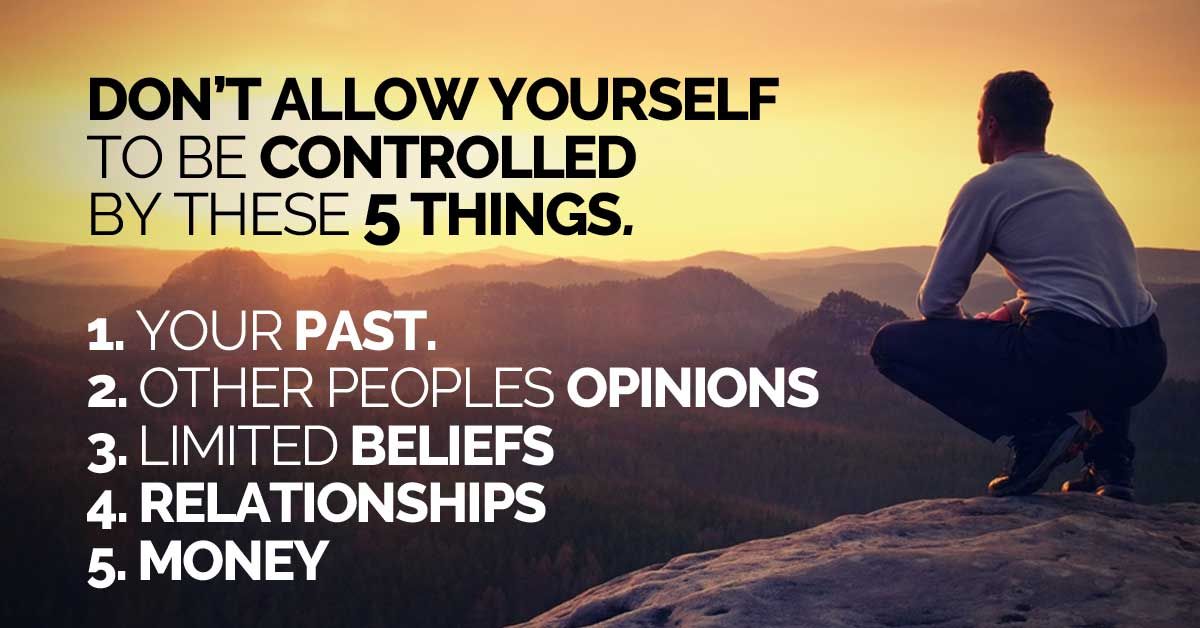
Mark Manson. Photo: The Town Hall
But before you start confessing your love to everyone around you, we need to discuss the fine line between vulnerability and emotional psychopathy.
What is not a vulnerability
Usually a vulnerability is confused with one of two things:
- It is used as a tactic to get people to love you, give you money, sleep with you.
- She is passed off as emotional vomiting.
Let's figure it out:
Vulnerability is not a tactic
People think “Oh cool, Mark says I just need to tell people something I don’t normally say and then they’ll like me/I’ll get a raise/I’ll be slept with/ they want children from me, etc.” No.
If you tell someone about how you felt when your dog died, or about your strained relationship with your father, but you do all this so that you will be loved even more, this is not vulnerability. This is manipulation.
Not only do you continue to be fake, but you dig up your most cherished memories of life to try and please someone. Congratulations. You are officially desperate.
Congratulations. You are officially desperate.
The most interesting thing is in your mail.
We send a digest of the best articles every two weeks.
By completing this form, I confirm that that I have read the Rules of the site, and I consent to the processing personal data.
reCAPTCHA is used in accordance with the Google Policies and Terms of Use.
Thank you for subscribing!
The real vulnerability is not what you do, but why you do it. It is the intention behind your behavior that makes it vulnerable. Are you joking because you think it's funny (that's vulnerability) or because you want other people to laugh and think you're funny (that's manipulation)?
"The purpose of true vulnerability is not to appear more vulnerable, but to express yourself as sincerely as possible."
Emotional vomiting and vulnerability
Emotional vomiting is a situation in which you suddenly unload a huge amount of emotions and personal stories into a conversation, usually to the utter horror of the listener.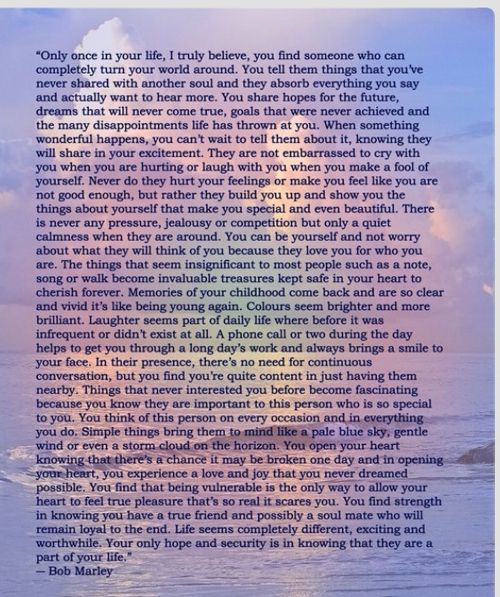 In essence, you are open and sincere about how much you need approval. And need will never be attractive.
In essence, you are open and sincere about how much you need approval. And need will never be attractive.
“The mistake people make is that they expect the act of emotional vomiting to solve all their problems. But its essence is for you to find out about your problems and be able to solve them.
As long as I kept talking about how stupid my ex was, my anger did nothing to solve my problems. I noticed how evil and disgusting I became without even suspecting it. Around the same time, I got into therapy. This helped me understand that my anger was actually deeper and related to problems in my family.
Strength in vulnerability
If you've followed the story, you already know that true vulnerability is a form of power—a deep and subtle form of power. This is the opposite law in action: in order to become stronger and more resilient, you must first expose your flaws and weaknesses for the world to see. By doing so, you will deprive the world of power over you and it will allow you to live with greater honesty and clear intentions.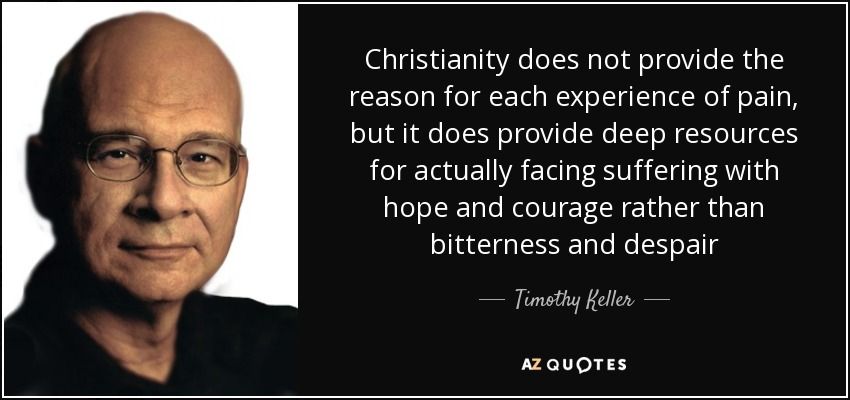 Acceptance of your emotions, mistakes, transition to complete openness and vulnerability - this cannot be achieved in one evening. It is a process and sometimes a very difficult process.
Acceptance of your emotions, mistakes, transition to complete openness and vulnerability - this cannot be achieved in one evening. It is a process and sometimes a very difficult process.
But I can give you hope: if you start doing this - you talk about difficult topics, express your opinion even when it's risky, accept yourself and refuse to be anyone else - you will reach a completely different depth in relationships. In all your relationships.
Why we are afraid to be vulnerable
Know yourself Man and woman Man among people
When we see how another person allows himself to be vulnerable, we most often perceive his openness as a manifestation of strength of character. If we ourselves find ourselves in a similar situation, we see weakness in our vulnerability.
University of Houston professor Brené Brown, in The Great Dare, reflects on the reasons why we are shy and avoid feeling insecure: “We like to see the naked truth and openness in other people, but it's scary to let them see the same in ourselves.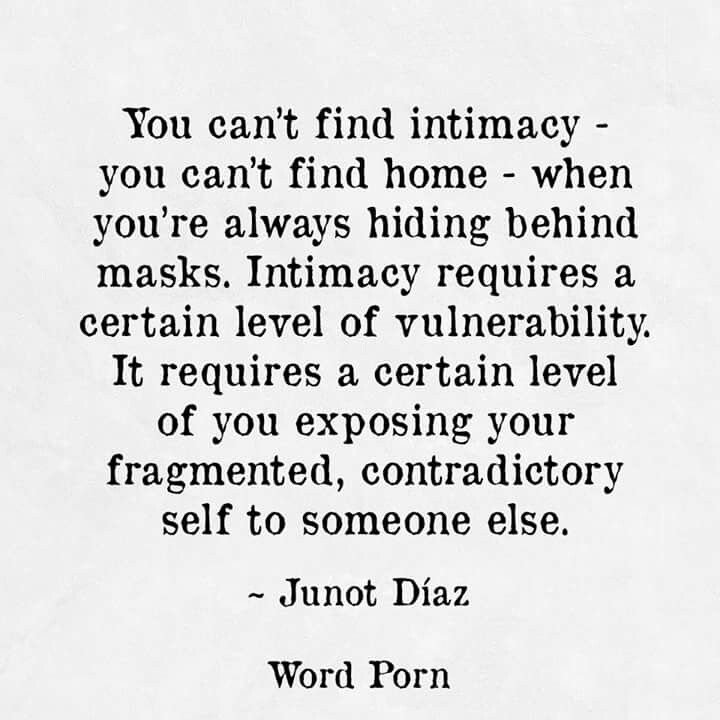 . Vulnerability is courage in you, lack in me."
. Vulnerability is courage in you, lack in me."
How we assess vulnerability
The University of Mannheim set out to develop Brown's theory and find out what underlies this dual vulnerability assessment. The scientists recruited several hundred German students to find out how different people perceive this feeling.
During a series of experiments, students imagined themselves or other people in various situations of defenselessness: a declaration of love for their best friend, a confession of a serious mistake at work, a request for help addressed to a former boss, a demonstration of their imperfect body in a pool. Participants then rated the situation in terms of vulnerability and noted how they perceive it: as a manifestation of strength or weakness, as something to strive for or, conversely, something to avoid.
The participants agreed on one thing: each of the situations proposed in the experiments made people vulnerable, whoever went through it. But, as Brené Brown predicted, students interpreted defenselessness differently.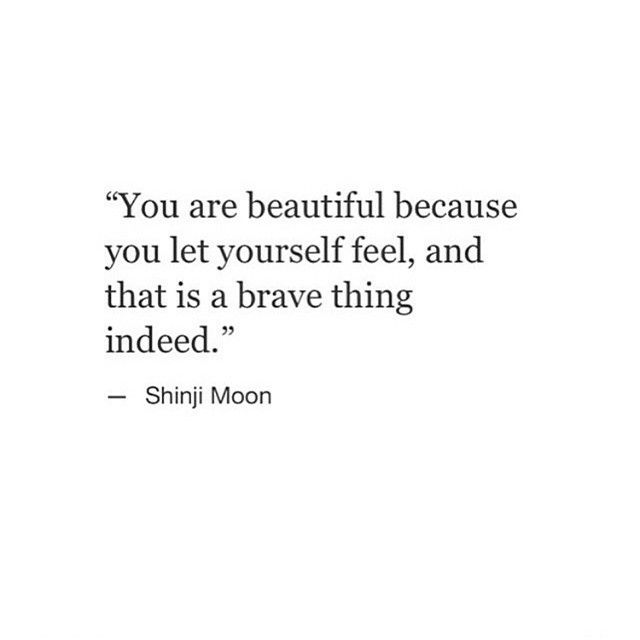 When someone else was in a difficult situation, they perceived this event in a more positive way compared to experiments in which they imagined themselves in a vulnerable state.
When someone else was in a difficult situation, they perceived this event in a more positive way compared to experiments in which they imagined themselves in a vulnerable state.
The same conclusions were confirmed when modeling a real situation of vulnerability. The students were told that they would be divided into two groups: one would have to sing a song in front of an audience without preparation, while the other would watch it. To the delight of the participants, after completing the questionnaires, no one had to go on stage.
Why is vulnerability more admired when someone else demonstrates it?
The researchers asked themselves this question and decided to find out what was going on in the minds of the participants during the experiments. They asked the students to explain how they envisioned scenarios of imaginary situations: concrete or abstract, detailed or non-detailed. Scientists have identified a clear pattern: when students imagined another person in a vulnerable situation, they thought more abstractly than they imagined themselves.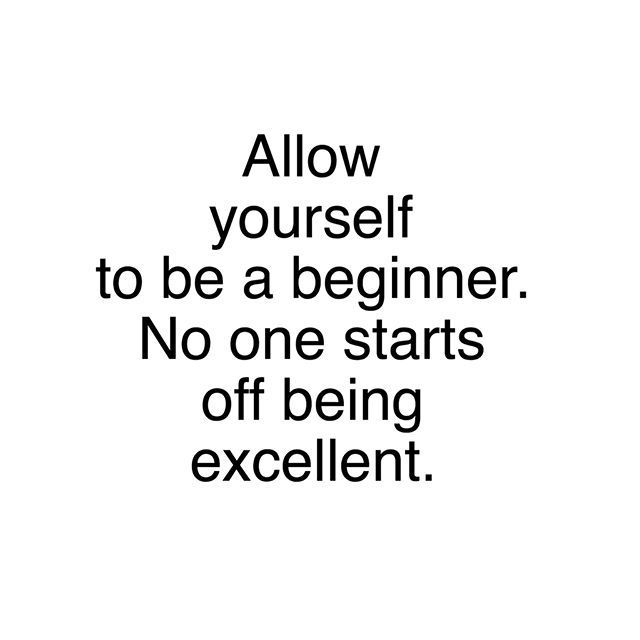
In psychological terms, this means that they have distanced themselves from the imaginary scenario. When we mentally separate ourselves from some event, we are less afraid of the possible risk, we focus more on the positive aspects of this situation. Let's imagine a scenario in which another person made a serious mistake. Most likely, we will think: “In this case, we need to confess our deeds and apologize.” But if we imagine ourselves in the place of a participant in the situation, then first of all we think about the risks: “I can lose my job if I confess what I did.”
The authors of the study call vulnerability a “beautiful nuisance” because it comes with both great risks and great rewards. But, on the other hand, we can win acceptance from other people and find a wonderful sense of belonging. This study also suggests that perhaps we are overestimating the risks and underestimating the possible positive consequences for our lives.

“From the inside, a show of vulnerability sometimes seems like a sign of weakness. But from the outside, such actions can look like a manifestation of courage. Sometimes it’s good to try to overcome fears and try to see the beauty in an awkward situation,” Brown sums up.
About the Author: Brené Brown is a research professor at the University of Houston and author of The Gifts of Imperfection. How to love yourself the way you are” and “Great Dare”.
Text: Zhanna Omelianenko Photo Source: Getty Images
New on the site
“I can’t spend the night with my friends — panic sets in and I want to go home”
“Heart breaks”: what happens to the body after the death of a loved one
Non-obvious causes of emotional burnout, which you hardly attach importance to
“ Be Healthy!”: 16 Elements of Mental and Emotional Health – Psychoanalyst Checklist
“Husband does not want to have a child in the next two years. What if he then goes to another?
“My wife cheated on me.
